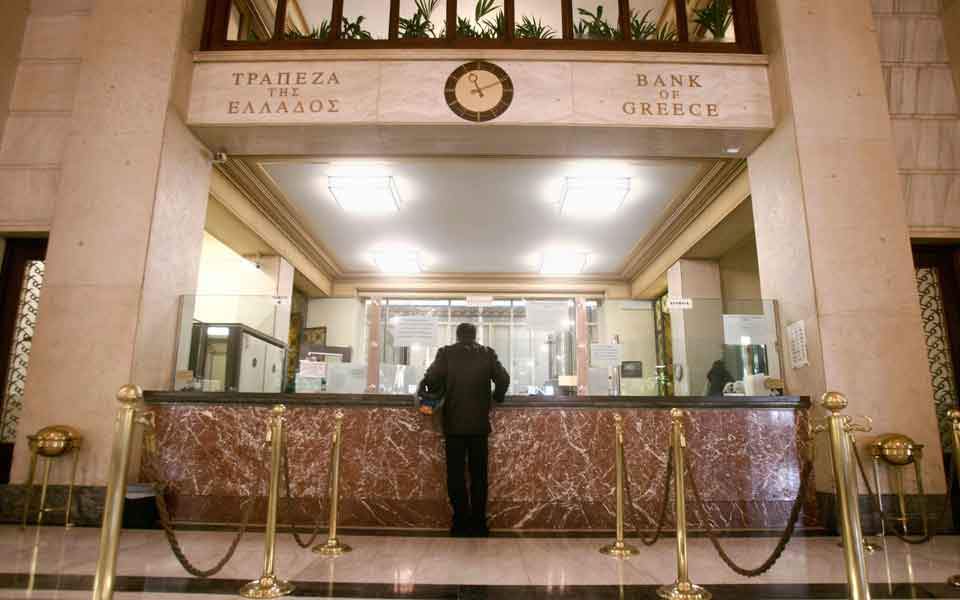Heavy burden on debtors from rate hikes

The rise of the European Central Bank benchmark interest rate, which has pushed the Euribor up 2.5% in the last seven months, entails a considerable increase in the monthly installment for a 100,000-euro mortgage loan – from €160 to €240, depending on the duration of the loan and the margin applied by each bank.
These hikes constitute a significant burden on household budgets as well as business costs, and with all estimates converging on another 50-basis point increase at the ECB’s next meeting in early March, this will be reflected daily in the Euribor, dragging in successive increments in the coming months as well.
According to estimates, the 3-month Euribor, which is the basis for calculating floating rate loans, will remain at high levels – i.e. close to 3.5% throughout 2023 – consolidating increased installments in all categories of existing loans.
Based on the same estimates, the first reductions will start in 2024, specifically from the end of the first quarter onward, but they will be moderate and, according to the forecasts, the Euribor will be close to 2.7% at the end of 2024 and 2.5% in 2025.
Based on those estimates, the total increase for a mortgage loan tranche will be around €200 to €300 for an existing loan of €100,000 with a duration of 20 or 30 years and a spread of 2.5% or 3.5% respectively. These are loans that were issued in the previous decade with a floating interest rate, and not those that were taken out before 2008 and which, since they are serviced normally, have largely repaid the interest and are now repaying only the capital.
Accordingly, for a small business loan, say €200,000, with a repayment period of 10 years and a spread of 5.5% (final interest rate 8% today), the total burden compared to last July is already about €300 per month, with more to come.
The upward trend in all categories of new loans – except for mortgages – and all business loans, which are also directly linked to the Euribor, is confirmed by the data the Bank of Greece has published on the course of interest rates in December: The average interest rate for a loan of up to €250,000 jumped from 5.76% in October 2022 to 6.14% in December, while for amounts up to €1 million the average rate increased from 4.64% to 5.14%.





